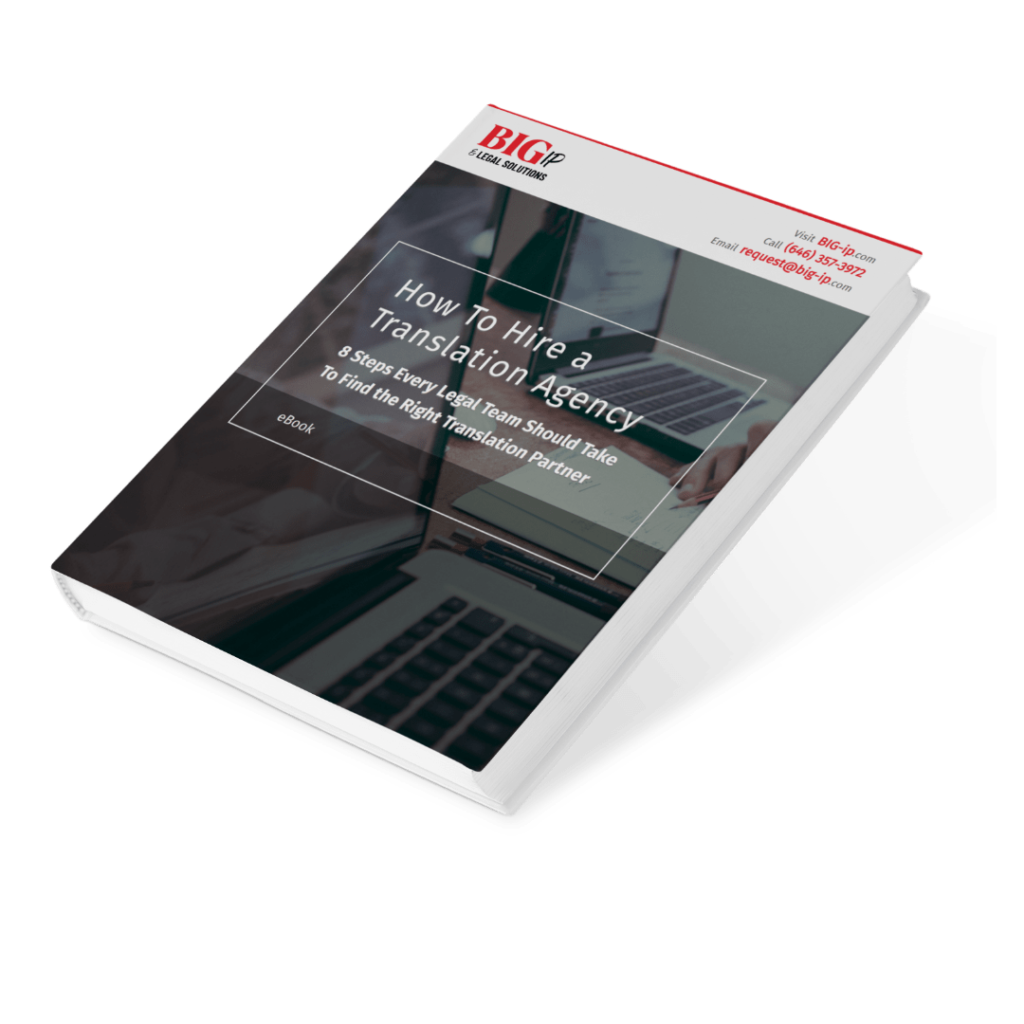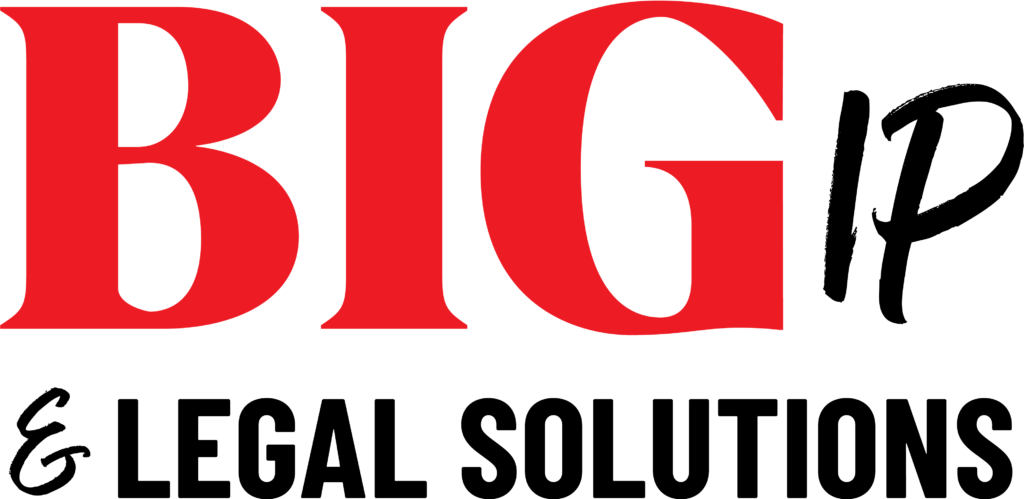Businesses seeking to build a future in North America should first consider their patent holdings, as AIPI Solutions’ Eric Morehouse explains.
If patent rights are to achieve their full potential, their owners require the kind of business-focused advice that patent law firms typically do not provide. That’s one of the reasons why U.S. patent attorney Eric Morehouse decided to leave his previous role as senior partner in a large law firm to pursue a different model for clients. As he explains: “The traditional law firm model, while highly specialized in certain areas, doesn’t serve every business owner’s needs. If you can’t bill a service, then there is less incentive to provide it, which means that defined tasks are naturally preferred over strategic support. Yet, it is those strategic services that companies really need.”
AIPI Solutions was set up to combine patent, business, and IT knowledge to provide that missing link through a range of strategic IP solutions, from patent landscaping, searching, and valuation to patent litigation financing and U.S. market entry support.
Landscaping: The race to innovate and thrive
General counsel and IP directors are frequently faced with the assumption that IP is simply a cost to the business. Monetizing IP, and in particular patents, and using them to help achieve a business’s goals, provides the opportunity to challenge that assumption. But, to be successful, you first need to understand the assets that you own, and their strategic purpose; for example, whether they are offensive or defensive filings.
It is here that patent landscaping plays a key role, says Morehouse: “By charting corporate patent portfolios against competitor assets and information in the public domain, you reveal the bigger picture behind research and development (R&D) investment, from patent clusters and potential areas of infringement to white spaces that are ripe for innovation.”
While this gives patent owners the knowledge and opportunity to invent around potential issues and dedicate their efforts into those white spaces, Morehouse believes the process can be taken one step further: “If a business hopes to sell in three to five years, then it’s possible to use the patent landscape to figure out who is going to buy you, and what you need to invent or own as a company to be on the acquisition radar in the first place – or even to force that acquisition.”
There are other benefits too, from helping to identify existing infringement of which companies may not even be aware, to viewing a portfolio from a wider global perspective. In this sense, landscaping also goes hand-in-hand with patent valuation: “By visually showing a patent right – how it fits in and what the competitor activity is – you can assess the role that right plays in the value chain,” says Morehouse. “For example, does it protect a technology that is becoming outdated, as opposed to an invention that is leading into a new area of innovation or a growing future trend? By assessing that, we can also assess how that patent right is going to support revenue generation.”
Managing the cost of patent enforcement
Of course, a patent’s high value can be meaningless if the company does not have the budget to uphold and enforce it. But, why obtain a patent in the first place if, when infringement occurs, you won’t pursue it?
“Many patent owners want to litigate, but don’t have the finances to pursue cases,” explains Morehouse, “and yet, patent litigation is highly predictable in terms of cost, duration, and damages – especially in the U.S. where damages are also high.”
Patent litigation financing providers, such as AIPI Solutions, remove the financial barrier to litigation and offer an alternative to the contingency fee law firm model, which Morehouse explains only means they waive their legal fees. “Clients still have to pay the other costs, such as for disbursements, expert witnesses, and so on,” Morehouse adds. “With litigation finance, everything is covered, so the client doesn’t pay a dime.”
How do providers know which cases to finance? Morehouse explains that IP due diligence is critical to assessing the merits of each case. “Patent cases are relatively easy to predict,” he explains, adding that 85% of patent cases settle before going to trial. “We focus on three key questions: 1) is the patent valid?; 2) has it been infringed?; and 3) what are the damages? Answer those and you will know whether the case is worthwhile.”
While Morehouse adds that “nothing is ever certain,” he says that through sophisticated patent searching “we can be 90% confident when it comes to assessments of validity, and 100% when it comes to infringement.” The majority of cases don’t pass this test, but those that do offer the potential of “uncapped damages.”
This includes patents in any technical field, although most of the financed cases do tend to be in the fields of biotech, pharma, medical devices, or cybersecurity: “Validity and infringement do tend to be more black and white in these fields,” says Morehouse. He recommends looking for providers, such as AIPI Solutions, that are technology agnostic. “It’s all about due diligence. If we’re willing to finance the litigation, it’s because we’ve done our homework, and determined the case to be strong on the merits.”
U.S. market entry: Protection in the world’s biggest economy
Patent landscaping also plays a key role when it comes to advising companies on market entry strategies for companies seeking to commercialize their products in the U.S. for the first time. “IP is arguably more critical to success here, but it’s also at a higher risk of theft,” says Eric. “The business and legal approach is different, and that means overseas companies need support, whether that be on legal/regulatory issues, on plans for fundraising, or even administrative issues, such as setting up a subsidiary or simply opening an office.”
He notes that “while such services are far removed from a traditional patent service, patents nonetheless play a key role.” This can include, for example, clearance or freedom-to-operate analysis of the patents on which the business intends to build its market presence.
“Companies usually enter the U.S. because they want to scale up,” he explains. “It’s a huge market with a lot of available money for investment, and fewer regulatory issues. There are no barriers to starting a business here, compared to the EU, for example, where investors tend to be more conservative and regulation much more stringent. Although that’s not to say there is no risk – more risks perhaps, because it’s a free market and, at times, a den of thieves.”
The potential size of patent damages is also another key factor: “Your patent strategy is essential. Firstly, to make sure you’re not infringing, and secondly as a foundation for your business plan, and as a means to attract investment.” But, “it’s not just about having a good idea,” says Eric. “Many people have good ideas that never come to anything. We find, instead, that it’s the combination of a clear vision and a great management team that makes all the difference to success here.”
Eric Morehouse is an IP Expert and Patent Attorney at AIPI Solutions, a provider of strategic patent services, IP litigation finance, commercialization support, U.S. market entry support and traditional IP services, such as patent searching and landscaping. Find out more at aipisolutions.com.
BIG IP Language Solutions is a global leader in legal translation services, providing specialized services across more than 200 languages. Drawing on 50+ years of experience, our united team of technical translation specialists provides prompt, secure, and cost-effective solutions to law firms and legal departments for both routine and time-sensitive legal matters. Whether we’re supporting global patent applications, legal transactions, antitrust legislation, mergers & acquisition activities, or litigation, our stringent quality assurance protocols ensure commercially sensitive data and documents are safeguarded and translated to the highest standard. Contact us to discuss your legal translation needs.








